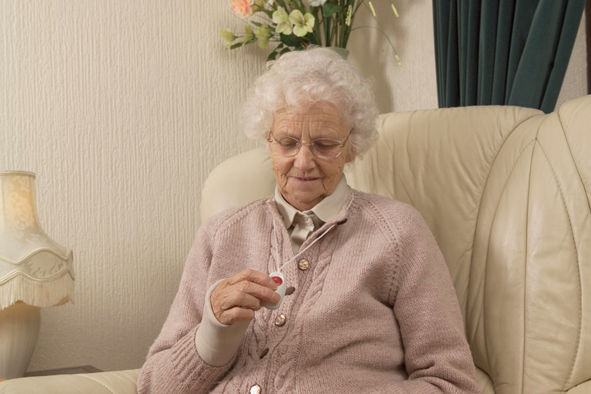A recent survey has shown that two in five unpaid carers are sacrificing their own health by putting off medical treatment to care for an ill, frail or disabled loved one.
Being a carer, whether full time or part time, is all absorbing and demanding. Yes, it IS about endlessly dealing with the practical personal issues of washing, toileting, dressing, undressing, mealtimes, shopping, cleaning etc but it is also about trying to maintain an anxiety-free, calm and happy ambience within a familiar environment.
This is much more difficult and can be hugely stressful for the loving, committed carer. Someone who cannot cope without a carer, for whatever reason, be it physical disability, chronic illness or mental deterioration of any kind, is a prisoner, trapped by the restrictions imposed by their disabilities. Frustration, depression, anger, grief and sadness are the major daily challenges for the sufferer and the carer alike.
For many people there is also the reality of the knowledge that matters are almost certainly going to worsen. This means that as well as dealing with the needs of ‘now’ there has to be a persistent focus on plans B and C, ready to put in place according to imminent requirement.
Sometimes the responsibilities are overwhelming and yet, remarkably and wonderfully, carers go on caring, doing their best in often tight economic circumstances, and frequently even though their own health is failing.
Although there are aids and caring systems available to help facilitate daily living at home, many are struggling without such invaluable help. Living as independently as possible at home for as long as possible is often viewed as the best solution. Home is where most of us are happiest.
Since the report, it is hoped that central government and local communities will prioritise and take definite action to invest in more support for carers and the cared for.
Any day you and I might need it.

